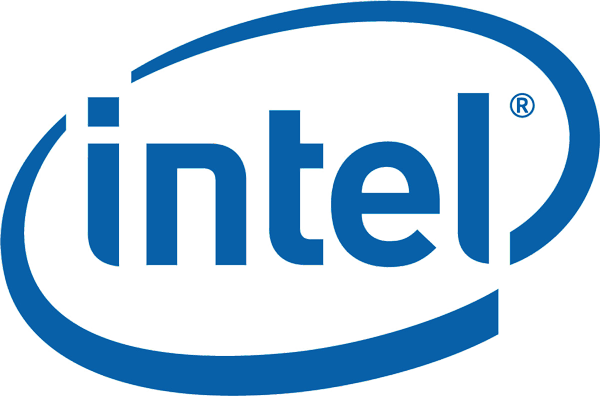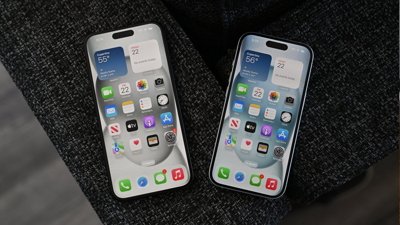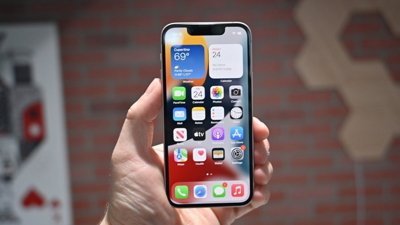Apple threatened Intel with 'wake-up call' over chip power consumption
The revelation was shared by Greg Welch, director of Intel's Ultrabook group, with The Wall Street Journal. He said that Apple gave Intel a "real wake-up call" when the Mac maker threatened to end their business relationship.
Apple officials told Intel that the chipmaker needed to "drastically slash its power consumption," or else Apple would turn elsewhere for chips. The threats were said to have helped spur Intel's interest in creating its new Ultrabook specification.
As announced earlier this week, Intel Capital, the strategic investment arm of the world's largest chipmaker, will invest $300 million in a new "Ultrabook fund" to invest in new technologies. Intel is pushing manufacturers to build thin-and-light notebooks that aim to challenge Apple's MacBook Air.
As Intel has pushed to get its Ultrabook specification off the ground, the chipmaker's partners are said to have struggled keeping their ultraportable notebooks under a price of $1,000. Apple's entry-level 11.6-inch MacBook Air sells for $999, and is one of the company's most popular notebooks.
For years, rumors suggested that Apple would transition the iPhone to the Atom architecture, but the change failed to materialize as Intel struggled with managing power consumption. The Atom processor was also said to be utilized in early prototypes of the iPad as far back as 2008.
Unsatisfied with the power consumption levels of Intel's Atom platform, Apple instead turned to ARM for its iPhone and iPad processors. The company also bought ARM design companies PA Semi and Intrinsity, both key acquisitions that allowed Apple to create the custom A4 processor found in the iPhone 4 and first-generation iPad, as well as the dual-core A5 processor found in the iPad 2.
As for its Mac lineup, as recently as 2010 there were indications that Apple and Intel's rival AMD were engaged in initial discussions about the possibility of Apple adopting AMD chips. More recently, there has even been speculation that Apple could merge iOS with Mac OS X with Macs based on an anticipated A6 processor starting in 2012.
 Slash Lane
Slash Lane











 Malcolm Owen
Malcolm Owen
 Amber Neely
Amber Neely

 William Gallagher
William Gallagher


 Andrew Orr
Andrew Orr
 Christine McKee
Christine McKee







